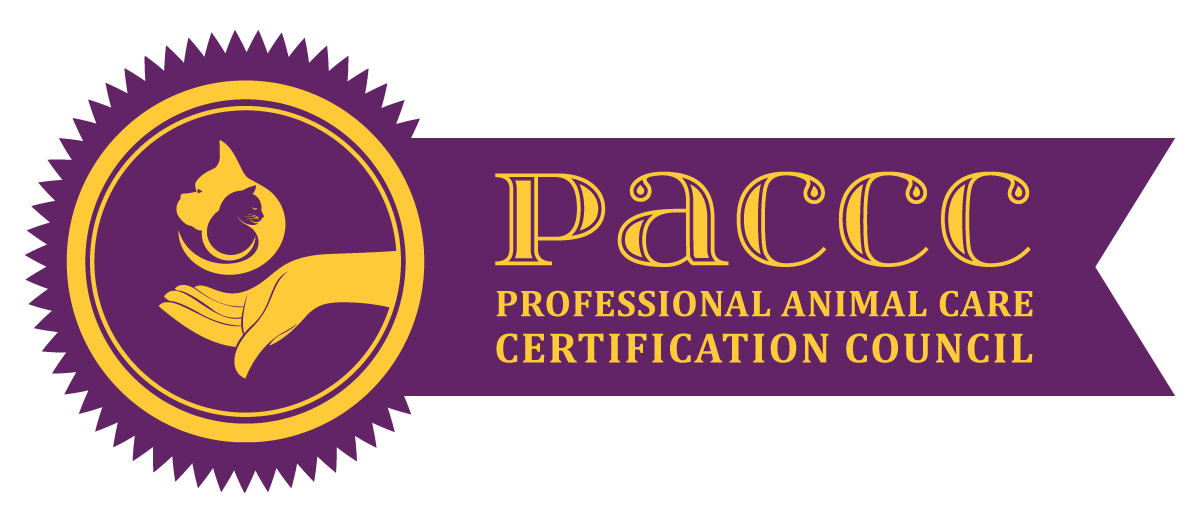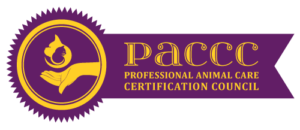1 CEU Proof Positive: Successful Teams Seek Psychological Safety - Certified Pet Care Professionals
PACCC CERTIFIED DIRECTORY
There are three levels of PACCC certification: Certified Professional Animal Care Provider (CPACP), Manager (CPACM), and Operator (CPACO). The exams are appropriate for the position level one holds in the industry. To initially qualify for the exams, the following individuals had to meet significant minimum education and work experience requirements, as well as provide letters of reference from veterinarians and other pet care industry professionals. They then had to successfully pass an in-depth exam, conducted in-person at an approved PACCC testing location. The first level of certification is CPACP, followed by CPACM which requires an increased level of education and experience, and then CPACO which requires even more. An advanced certification level does not require initial certification at another level. For example, becoming a CPACM does not require initial certification as a CPACP. The exams are appropriate for the position level the professional holds in the industry.
By becoming independently certified, these professionals are pet care pioneers and leaders in pet safety. To remain certified, a minimum amount of continuing education credits must be met.
If you are a Certified Professional but your contact information in our directory is incorrect, please let us know by clicking the button below.
Congratulations to these pet care professionals who have achieved PACCC certified status.
Looking for a PACCC certified pet care professional? You’ve come to the right place! Use the “Search” function if you know exactly who you’re looking for or the “Select Category” dropdown function to find a credentialed pro in your area.
1 CEU Proof Positive: Successful Teams Seek Psychological Safety

Proof Positive: Successful Teams Seek Psychological Safety
Website: https://ownersofdogdaycares.com/
Biography
Psychological safety is the most important aspect of successful teams. Our ability to feel safe to share ideas, to grow from failure, and to be honest with empathy allows our team to bypass the “interpersonal mush” that can exist otherwise. A sense of belonging, ability to be vulnerable, and strong interpersonal relationships are the initial ingredients to create this environment. We can assess psychological safety in a team using different tools. If psychological safety is lacking, we can help foster it using specific interventions, including civility and growth mindset work










